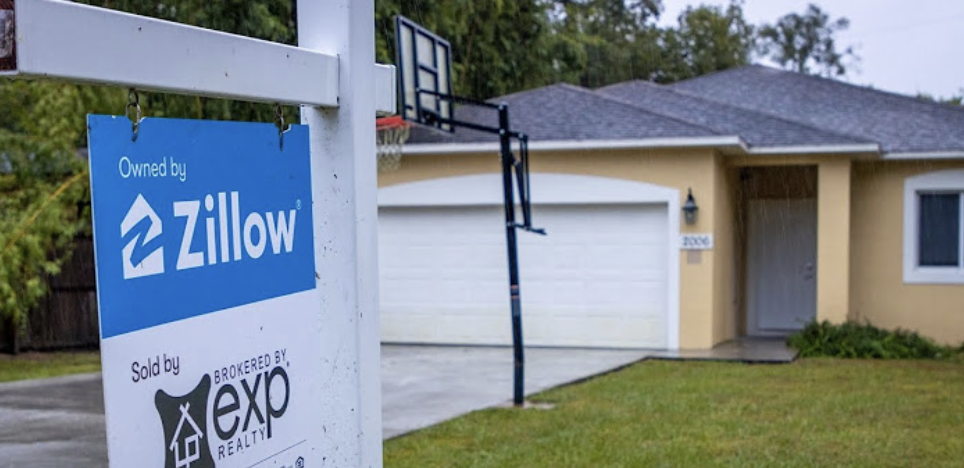As climate change impacts grow more severe across the U.S., homebuyers are increasingly factoring in environmental risks when searching for properties. A 2023 Zillow survey revealed that 80% of potential buyers now consider climate-related threats, reflecting a significant shift in priorities in the housing market.
In order to assist homeowners in dealing with climate-related uncertainties, Zillow will now include a climate risk score for each real estate listing on its platform. This score, obtained from the First Street Foundation, evaluates a home’s vulnerability to various environmental hazards, such as flooding, fire, extreme winds, heat, and air quality issues.
Potential homebuyers can access climate risk data on Zillow in two ways: through the detailed information found in individual listings or through a color-coded interactive map.
First Street’s climate risk scores are based on models that estimate the likelihood and potential severity of climate-related disasters in specific areas. According to Matthew Eby, the company’s founder and CEO, these models are updated annually to reflect the most recent natural disasters and their impacts.
“This level of transparency is allowing people to choose the level of risk that they find comforting and then make an informed decision,” Eby remarked. “Will this change the buying experience? Absolutely”.
Zillow’s update comes at a challenging time for homebuyers as the impacts of climate change intensify. In fact, major U.S. insurance companies have begun withdrawing some disaster protection policies and increasing premiums in response to climate risks. A recent report by Zillow indicates that, compared to five years ago, more home listings are exposed to significant climate risks; in August 2024, about 17 percent of new listings were at high risk of fire, while nearly 13 percent were exposed to severe flood risks.
A 2022 Redfin study found that home buyers informed about flood risks were less likely to consider or bid on high-risk properties. This highlighted a significant information gap regarding climate risks among potential buyers, as many lack access to crucial data about a home’s susceptibility to environmental threats.
According to Benjamin Keys, a professor of real estate and finance at the University of Pennsylvania’s Wharton School who has researched the impact of climate-change-related disasters on insurance markets, assessing the reliability of many climate risk models is challenging since most are not publicly available. He noted that the level of climate-threat information accessible to buyers has been “astonishingly low” for years, emphasizing that any improvement in transparency would be beneficial for the industry.












